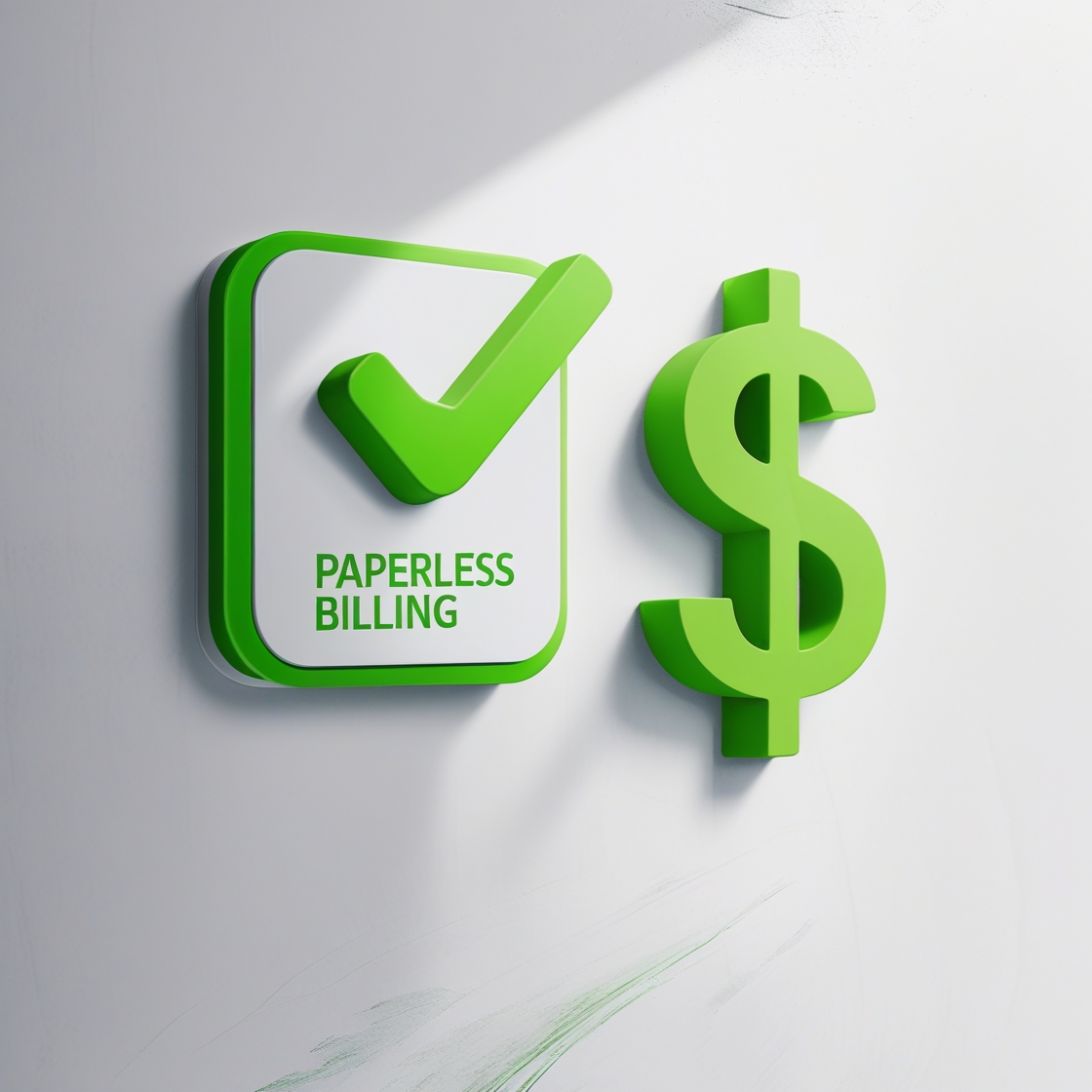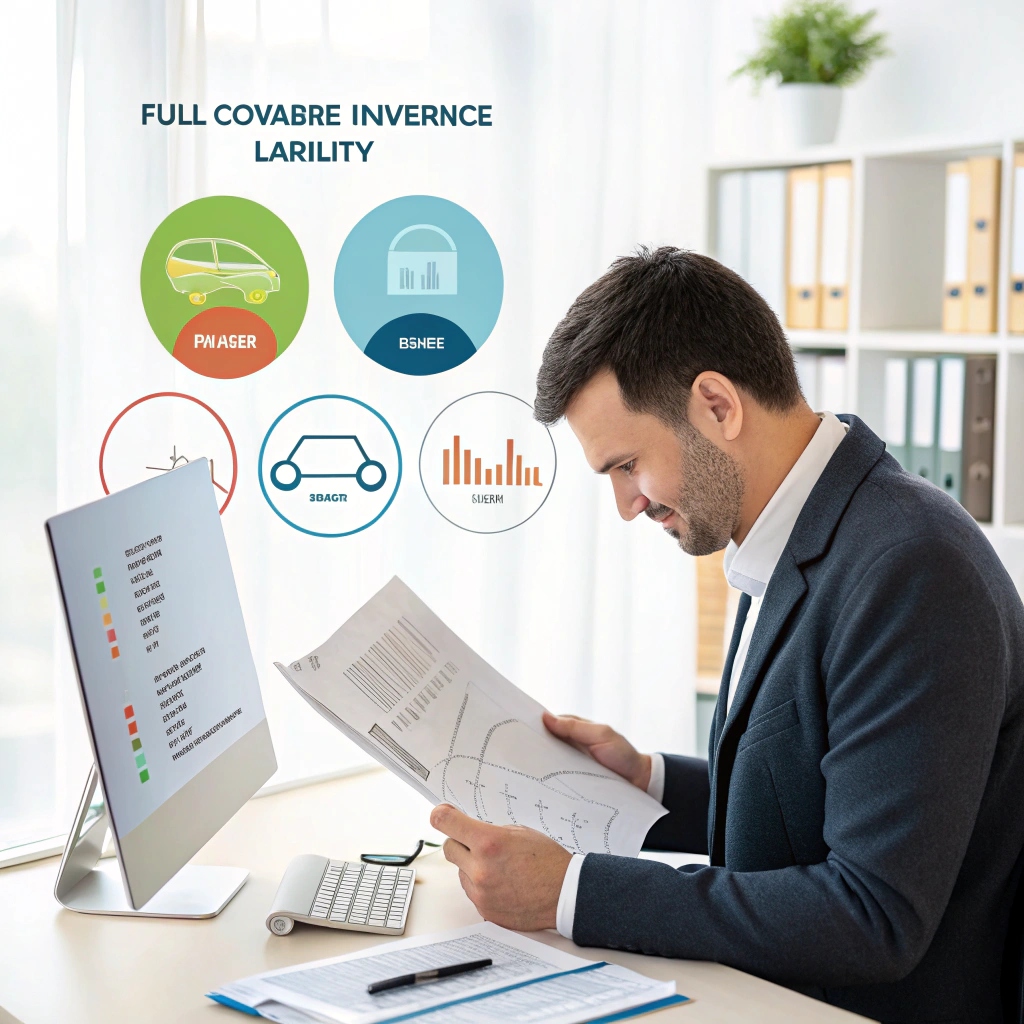Accidents, breakdowns, or unexpected repairs can leave you without transportation for days or even weeks. That’s where rental car reimbursement coverage comes into play. But is it really worth the extra cost on your auto insurance policy? In this comprehensive guide, we’ll explore what rental reimbursement is, how it works, when it makes sense, and how to make the smartest choice for your needs.
What Is Rental Car Reimbursement Coverage?
Rental reimbursement (also known as transportation expense coverage) is an optional auto insurance add-on that helps pay for a rental car while your insured vehicle is in the shop due to a covered loss.
Key Features:
- Kicks in after a covered accident (not general maintenance)
- Daily and total dollar limits (e.g., $30/day up to $900)
- Must be purchased in advance; can’t be added retroactively after an incident
Note: It doesn’t cover rental cars for vacations or routine repairs.
When Does Rental Car Coverage Apply?
Rental reimbursement applies only when your vehicle is:
- Damaged in a covered event (e.g., collision, comprehensive loss)
- Being repaired or replaced under your policy claim
Examples:
- Your car is hit in a fender bender and is in the shop for a week
- Your vehicle is damaged by hail and you have comprehensive coverage
Not Covered:
- Mechanical breakdowns
- Routine maintenance
- Vacation or leisure rentals
How Much Does Rental Car Coverage Cost?
The good news: rental reimbursement is usually affordable.
Typical Cost Range:
- $2 to $15 per month, depending on:
- Coverage limits (e.g., $30/day vs. $50/day)
- Insurer rates
- Your state and vehicle type
Compare cost against the average rental car daily rate ($45–$70/day) to see its value.
Should You Get Rental Car Coverage? Pros and Cons
Pros:
- Provides peace of mind
- Keeps you mobile while your car is in the shop
- Saves money compared to out-of-pocket rental fees
- Often required for claims involving not-at-fault accidents
Cons:
- Only useful if you get into an accident
- Doesn’t apply to every repair or situation
- Adds to your monthly premium
Ask yourself: Would you be financially stressed if you had to rent a car unexpectedly?

Alternative Options to Consider
You may already have rental coverage without realizing it. Consider:
- Credit Card Benefits: Some cards offer limited rental car insurance for travel
- Extended Warranties or Service Contracts: May provide loaner cars
- Rideshare Services: Could be cheaper for short-term downtime
- Friends or Family Vehicles: Temporary borrowing can work in emergencies
Still, having dedicated rental coverage is often the most seamless option during a covered claim.
How to Add Rental Coverage to Your Policy
Adding rental reimbursement is easy:
- Contact your insurance provider
- Choose your coverage limit (e.g., $30/day for 30 days)
- Confirm eligibility (you often need collision/comprehensive coverage first)
It’s also wise to:
- Ask about bundled discounts
- Compare rental policies between insurers
- Ensure the rental company is approved by your insurer
Final Verdict: Is Rental Car Coverage Worth It?
For most drivers, rental car reimbursement is a smart and affordable add-on that prevents frustration and out-of-pocket costs after an accident. If your budget can handle a few extra dollars a month, it’s usually worth the peace of mind and convenience. Just be sure you understand when it applies, and how much coverage you really need.









